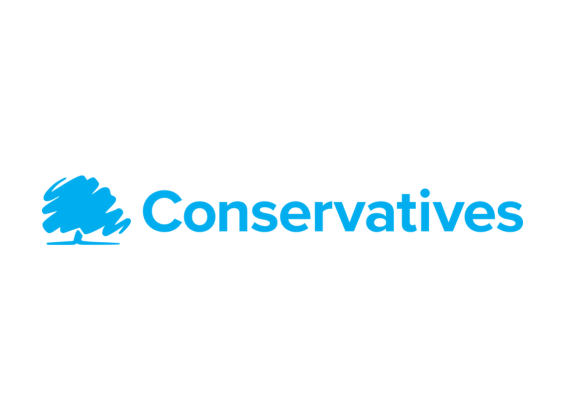
Conservative Party shadow cabinet reshuffle
Eight months after Kemi Badenoch’s appointment as leader of the Conservative Party, she has announced a cabinet reshuffle.
Policy and advocacy latest news, Public Affairs
Policy and advocacy latest news, Public Affairs
On 15th February Nicola Sturgeon announced her resignation as First Minister of Scotland. Her speech cited both political and personal reasons for her decision.
Sturgeon noted that the UK Supreme Court’s blocking of an independence referendum and her decision to seek a “de facto referendum” at the next general election – which would see an SNP majority in votes count as a vote for independence – played a role. Despite it being believed that many in the SNP see this course of action as a vote-loser, Sturgeon said she was confident there was majority support in Scotland for independence and that she could have led the party to victory at the next election.
Nevertheless, she felt views about her had become entrenched and that the baton should be passed to a figure without controversy to maximise the SNP’s chances of electoral and independence success. She claimed that by standing down, she could “free” the SNP to choose its direction at a conference next month.
The new leader will need to bridge Sturgeon’s supporters – who are a majority within the SNP – and her vocal critics. Historically, the SNP was divided over fundamentalists – who wanted to declare independence as soon as possible – and gradualists, who saw devolution and government in Scotland as a route to independence. The gradualists won that battle under Alex Salmond but since the 2014 referendum, impatience for independence has grown within the party and internal divisions have brought about a return to the pre-2014 dividing lines. Sturgeon was a gradualist, intent on building majority support for independence. Her call for a “de facto referendum” last year therefore seemed out of character: an admission of weakness in the face of both constitutional realities and internal critics.
A new SNP leader will be in an unquestionably precarious position. They will need to find a way to independence that satisfies both those who want to play within the UK government’s rules, and hard-liners who are increasingly attracted to more controversial options, including a unilateral declaration of independence. Under Alex Salmond, the SNP was famed for its discipline; though divisions over Brexit and controversial policies like the Named Person Scheme – though minor relative to divisions in the Tories and Labour – signalled an end to the era of uniformity.
Though the failure of Alex Salmond’s Alba Party has helped to ensure the SNP is unlikely to fracture, ill discipline risks its election-winning record as does a resurgent Labour Party. SNP members will be acutely aware that, if the party falters, so does the hope of independence. The new leader will therefore also have to be a determined and convincing campaigner for independence.
A remarkable factor of this decision is that, in Sturgeon’s long period in office, no obvious candidate has emerged. Though this list includes MPs, Sturgeon made clear the party is looking for a new leader and a new first minister, meaning that anyone not currently in Holyrood is a highly unlikely candidate.
The PPA is looking into each of the candidates’ track records on media, and will keep our members updated as to any developments.

Eight months after Kemi Badenoch’s appointment as leader of the Conservative Party, she has announced a cabinet reshuffle.

On 10 July, Ofcom published its final decision on reforms to the Universal Service Obligation (USO), confirming a number of changes that will significantly affect how subscription magazines are delivered.
Chancery House, 53-64 Chancery Lane, London WC2A 1QS




If you have a member login, enter your details below. Please note, that your login is for PPA.co.uk only and not for our event sites.
If you are a member but don’t have an account yet, you can setup your account here.
Any problems, please contact membership@ppa.co.uk.